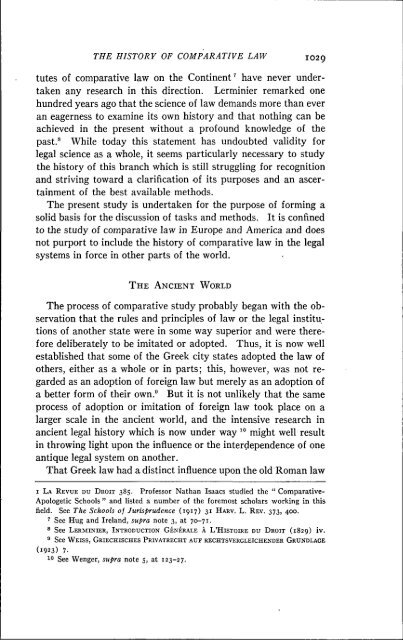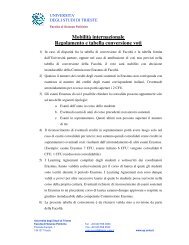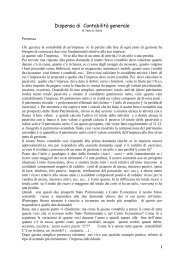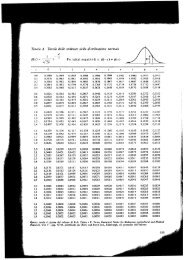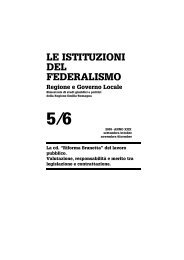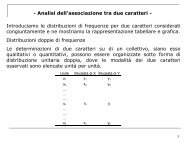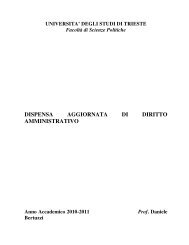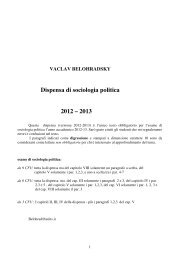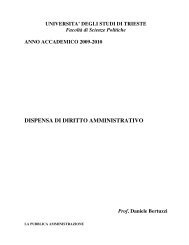THE HISTORY OF COMPARATIVE LAW * ^COMPARATIVE law, as ...
THE HISTORY OF COMPARATIVE LAW * ^COMPARATIVE law, as ...
THE HISTORY OF COMPARATIVE LAW * ^COMPARATIVE law, as ...
Create successful ePaper yourself
Turn your PDF publications into a flip-book with our unique Google optimized e-Paper software.
<strong>THE</strong> <strong>HISTORY</strong> <strong>OF</strong> <strong>COMPARATIVE</strong> <strong>LAW</strong> 1029<br />
tutes of comparative <strong>law</strong> on the Continent' have never undertaken<br />
any research in this direction. Lerminier remarked one<br />
hundred years ago that the science of <strong>law</strong> demands more than ever<br />
an eagerness to examine its own history and that nothing can be<br />
achieved in the present without a profound knowledge of the<br />
p<strong>as</strong>t.^ While today this statement h<strong>as</strong> undoubted validity for<br />
legal science <strong>as</strong> a whole, it seems particularly necessary to study<br />
the history of this branch which is still struggling for recognition<br />
and striving toward a clarification of its purposes and an <strong>as</strong>certainment<br />
of the best available methods.<br />
The present study is undertaken for the purpose of forming a<br />
solid b<strong>as</strong>is for the discussion of t<strong>as</strong>ks and methods. It is confined<br />
to the study of comparative <strong>law</strong> in Europe and America and does<br />
not purport to include the history of comparative <strong>law</strong> in the legal<br />
systems in force in other parts of the world.<br />
<strong>THE</strong> ANCIENT WORLD<br />
The process of comparative study probably began with the observation<br />
that the rules and principles of <strong>law</strong> or the legal institutions<br />
of another state were in some way superior and were therefore<br />
deliberately to be imitated or adopted. Thus, it is now well<br />
established that some of the Greek city states adopted the <strong>law</strong> of<br />
others, either <strong>as</strong> a whole or in parts; this, however, w<strong>as</strong> not regarded<br />
<strong>as</strong> an adoption of foreign <strong>law</strong> but merely <strong>as</strong> an adoption of<br />
a better form of their own." But it is not unlikely that the same<br />
process of adoption or imitation of foreign <strong>law</strong> took place on a<br />
larger scale in the ancient world, and the intensive research in<br />
ancient legal history which is now under way ^'' might well result<br />
in throwing light upon the influence or the interdependence of one<br />
antique legal system on another.<br />
That Greek <strong>law</strong> had a distinct influence upon the old Roman <strong>law</strong><br />
I LA REVUE DU DROIT 385. Professor Nathan Isaacs studied the " Comparative-<br />
Apologetic Schools " and listed a number of the foremost scholars working in this<br />
field. See The Schoots of Jurisprudence (1917) 31 HARV. L. REV. 373, 400.<br />
^ See Hug and Ireland, supra note 3, at 70-71.<br />
8 See LERMINIER, INTRODUCTION GENERALE A L'HISTOIRE DU DROIT (1829) iv.<br />
" See WEISS, GRIECHISCHES PRIVATRECHT AUF RECHTSVERGLEICHENDER GRUNDLAGE<br />
(1923) 7-<br />
10 See Wenger, supra note s, at 123-27.


